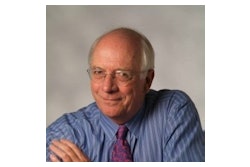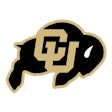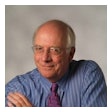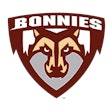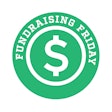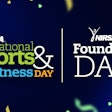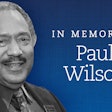Copyright 2017 San Angelo Standard-Times
All Rights Reserved
San Angelo Standard-Times (Texas)
Not a week goes by without someone telling me to stick to sports. But sports don't exist in a bubble. Recent events remind us of that.
We've seen a white nationalist group appropriate - and reconfigure - the Red Wings' winged wheel; at least one other protester do the same with the Lions' logo; and Michigan's football coach, Jim Harbaugh, tweet his disavowal of the deadly marches in Charlottesville, Va.
Harbaugh is not new to the intersection of sports, politics, and race. Last fall, several of his players knelt during the national anthem at Michigan Stadium. His response was to support them.
He also, quite presciently, told us the sentiment that drove the on-field protests weren't going away.
"They are going to keep happening," he said.
Well, here we are, almost a year later, navigating what feels like a cauldron, which, as a white man, is an awfully privileged thing to write. Because, if we're being honest, for millions of Americans, it's felt like a cauldron a lot longer.
That's the message coming from so many corners of the sports world these days. The violence and marching in Virginia only intensified it.
It shouldn't be surprising that athletes are tired of staying silent. They are reacting to what they see. And what they see is unsettling.
This past week NBA megastars LeBron James and Kevin Durant decried the marches in Virginia, as did the NFL's Michael Bennett, who recently argued that the kneeled protests during the national anthem won't resonate until white NFL players join him.
Chris Long, a defensive end with Philadelphia who is from Charlottesville, became the first white player to jump in when he put his arm around teammate, Malcolm Jenkins, who stood with his fist raised during the anthem of a preseason game Thursday night.
Long said he wasn't comfortable kneeling before the flag. Still, by standing with Jenkins he showed solidarity, a gutsy move considering the backlash quarterback Colin Kaepernick and others received after similar protests a year ago.
Related: Other NFL Players Fill Kaepernick's Protest Void
Then, before a preseason game Monday, Cleveland Browns tight end Seth DeValve became the first white NFL player to kneel with black teammates, praying together while the national anthem played.
"We wanted to draw attention to the fact that there's things in this country that still need to change," said DeValve, whose wife is black.
Whatever blowback Long and DeValve get will pale to what his black teammates have already endured in trying to raise consciousness - Kaepernick, as of this writing, still doesn't have a job.
The backlash toward Kaepernick and the hundreds of other athletes who've spoken out in recent times comes from a specific place, of course, and from a (mostly white) fan base. From folks who are unable - or unwilling - to see the American flag as anything other than a narrow symbol of war and patriotism.
No one group in this country gets to own the flag. This was the message the Red Wings organization sent last week when it threatened legal action against those who fashioned the winged wheel into a kind of swastika, then imprinted the bastardized symbol on flags for the white nationalists to march with in Virginia.
Sports, like any public sphere, is a reflection of our political and moral culture. So that when a group of hateful souls take to the night with torches, the ripples of such a gathering will be felt among our athletes, and they're expressing what that feels like.
We've got a sports world that's never been more intertwined with politics, culture and justice. Asking athletes to stick to sports, then, is asking them to deny their humanity.
Yes, they may get paid to play a game. But they don't get paid to assuage white guilt. Or to provide a safe space free of the suffering of this world. Sports are no different than any other human endeavor in that way.
For the Wings, seeing the emblem was a jolt, and a reminder of how much hate remains. A reminder that Kaepernick and Bennett and many of Harbaugh's players don't need.
That uneasy and sickening sense a lot of white America's been grappling with the last week is nothing new for minority communities. It's simply life. Which is the message these athletes are trying to send.
It would be helpful if we listened. No matter how uncomfortable it might be.
Because, as Harbaugh noted, the message is not going away.
Nor should it.
Shawn Windsor is a sports feature writer at Detroit Free Press. Follow him on Twitter @shawnwindsor.
Read More of Today's AB Headlines
Subscribe to Our Daily E-Newsletter
Terms and Conditions Privacy Policy













